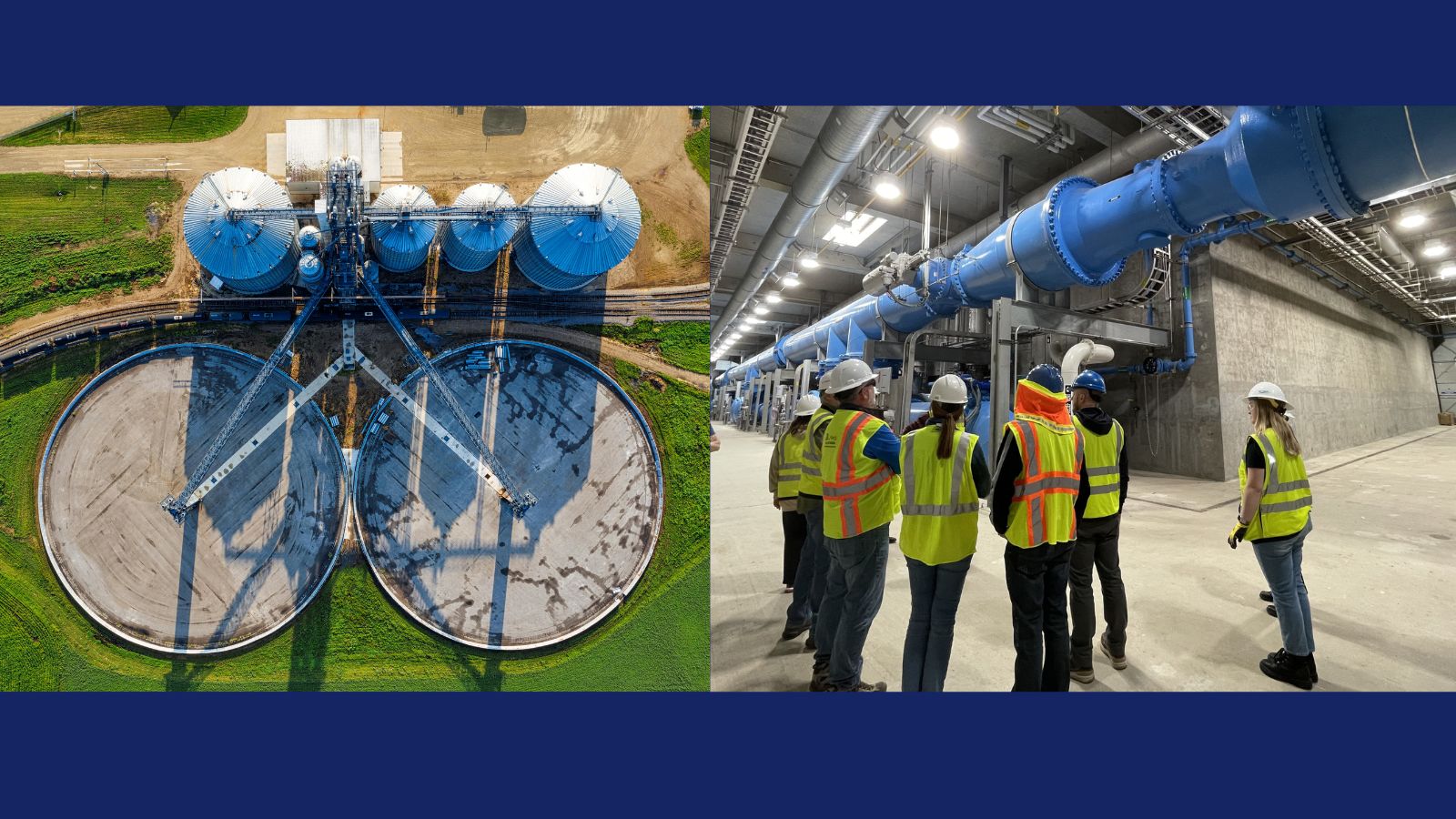Rice Engineering’s Department of Civil and Environmental Engineering (CEE) now offers a B.S. in environmental engineering. The new undergraduate degree program underscores Rice Engineering's commitment to sustainability in engineering education.
Environmental engineers address critical environmental problems—from air and water pollution to the energy transition—and mitigate the impact of climate change. “This new degree program shows that Rice University is at the forefront of sustainability and climate-related topics,” said Kalil Erazo, CEE assistant teaching professor, who spearheaded the creation of this degree program along with Daniel Cohan, CEE associate professor and Jorge Loyo, associate director of education for the NEWT Center.
According to the National Academy of Engineering, environmental engineering is a crucial field of study for the 21st century. While Rice has a strong graduate environmental engineering program that is ranked #12 in the nation, until now there has not been an opportunity for undergraduates to pursue this major.
“Our course offerings and research in environmental engineering have long been among the best in the nation, but Rice had fallen behind in not offering a bachelor of science degree in environmental engineering to let students fully capitalize on that,” said Cohan. This new major enables Rice to align with peer institutions in offering a degree that focuses on environmental sustainability.
The new degree offering is also a response to student demand. It draws a certain type of student who wants sustainability to be at the core of their education—and on their resume.
Environmental engineers are in demand now more than ever as the world grapples with climate challenges. The profession ranks #2 in best engineering jobs based on both industry demand and salary.
As a newly introduced degree, the program will not be initially accredited. The department has long-term plans to have this program accredited by the Accreditation Board for Engineering and Technology, which can streamline the process for students pursuing an engineering license.
Initial graduates of this program can still pursue an engineering license by taking additional steps per the licensure process in their state of employment, such as an external review of curriculum or additional experience. Students may also consult faculty and practicing engineers about licensure in environmental engineering.
Situated in Houston’s urban and coastal setting, Rice is an ideal place to become an environmental engineer. “Our faculty work on sustainability in the SSPEED Center, NEWT Center, and the Rice WaTER Institute,” said Loyo. “Students will have opportunities as environmental engineering majors to interact with these professors and centers.”
Students in the environmental engineering degree programs will be fully included in CEE student experiences such as the Rice University American Society of Civil Engineers Student Chapter, Chi Epsilon, and senior design projects.

